The CBSE Class 12 Board exam is pivotal in students’ academic journey, often determining their future educational and career paths. Effective preparation is key with the results of these exams influencing college admissions and the specialization choices students can pursue. Below are some essential strategies to help you succeed in the CBSE Class 12 Board exams.
Table of Contents
1. Understand Your Syllabus and Deleted Portions
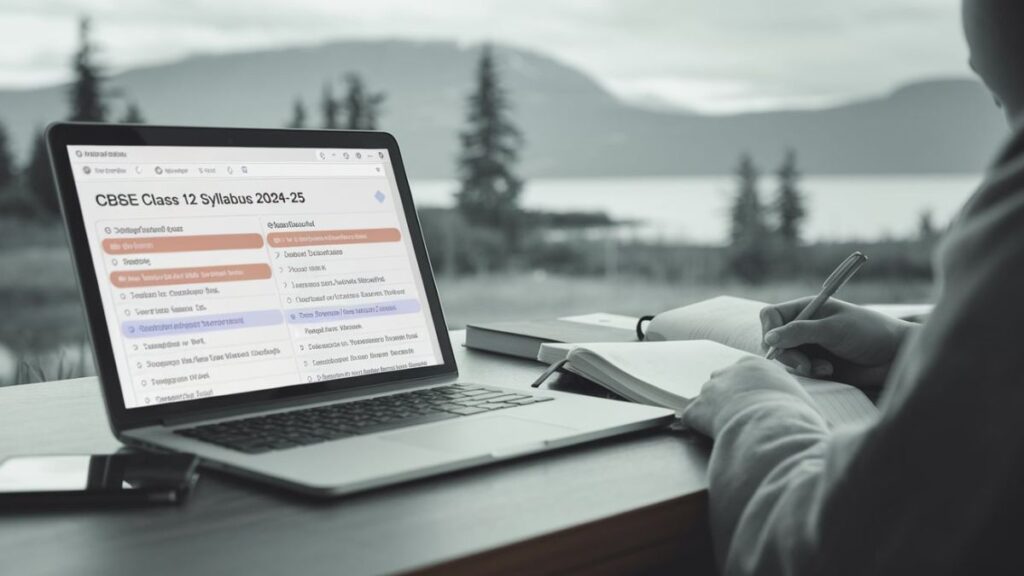
The first step to exam preparation is familiarising yourself with the syllabus. The CBSE Class 12 syllabus for 2024-25 outlines the course content, question paper design, project work, and more. Knowing what to focus on and what has been removed from the syllabus will help you streamline your study plan.
2. Stick to NCERT Textbooks
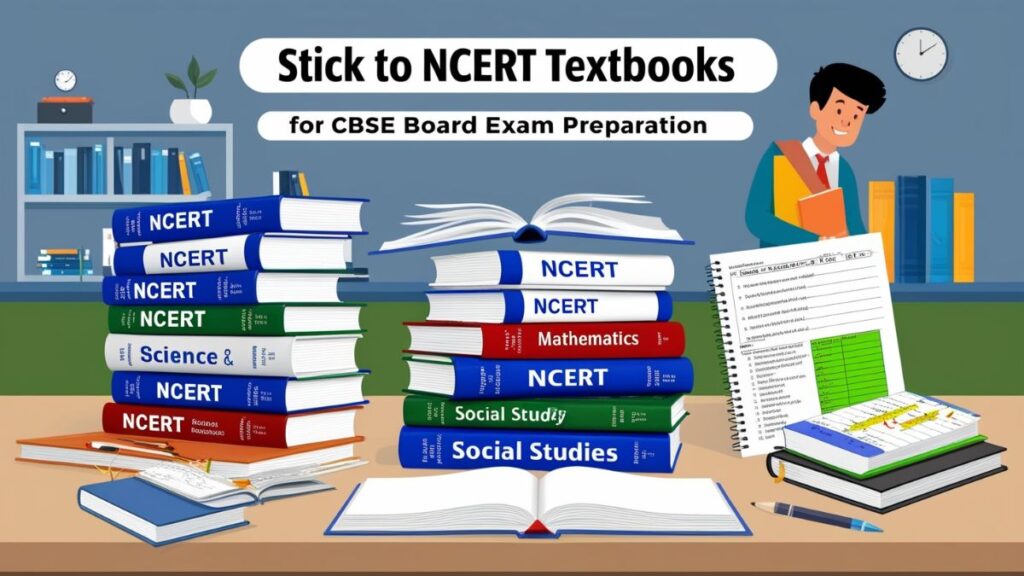
NCERT textbooks are the primary resources recommended by CBSE for board exams. The content in these books is aligned with the board’s objectives, making them the best study material. Ensure you thoroughly understand each chapter and solve all the practice questions provided.
3. Solve NCERT Solutions

Each chapter in the NCERT books concludes with a variety of questions—ranging from multiple-choice to long-answer types. Solving these questions is crucial as they help reinforce your understanding and give you a taste of the types of questions that may appear in the exam.
4. Create a Study Schedule

Start your preparations early by creating a detailed study schedule. This timetable should cover all topics and include time for regular revision. Stick to your schedule diligently, and ensure that you periodically review all important concepts to keep them fresh in your mind.
5. Regularly Revise Formulas
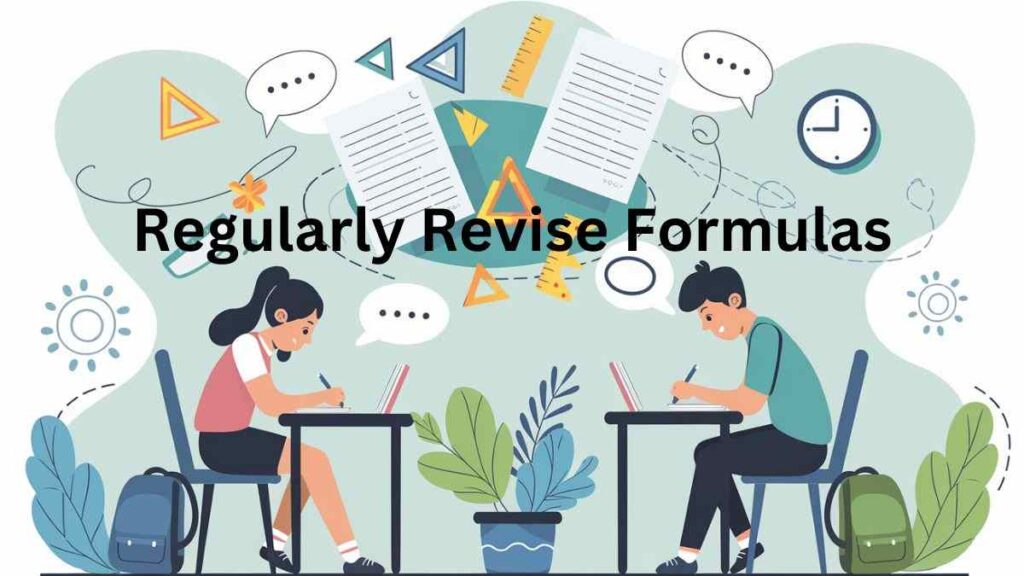
In subjects like Mathematics and Science, formulas are fundamental. Make sure to memorize these formulas and revisit them daily to ensure they remain sharp in your mind during the exams.
6. Maintain a Healthy Diet

Don’t skip meals while studying. A well-balanced diet is essential for keeping your mind and body in top condition, which in turn helps with concentration and retention.
7. Practice with Previous Years’ Papers and Sample Papers
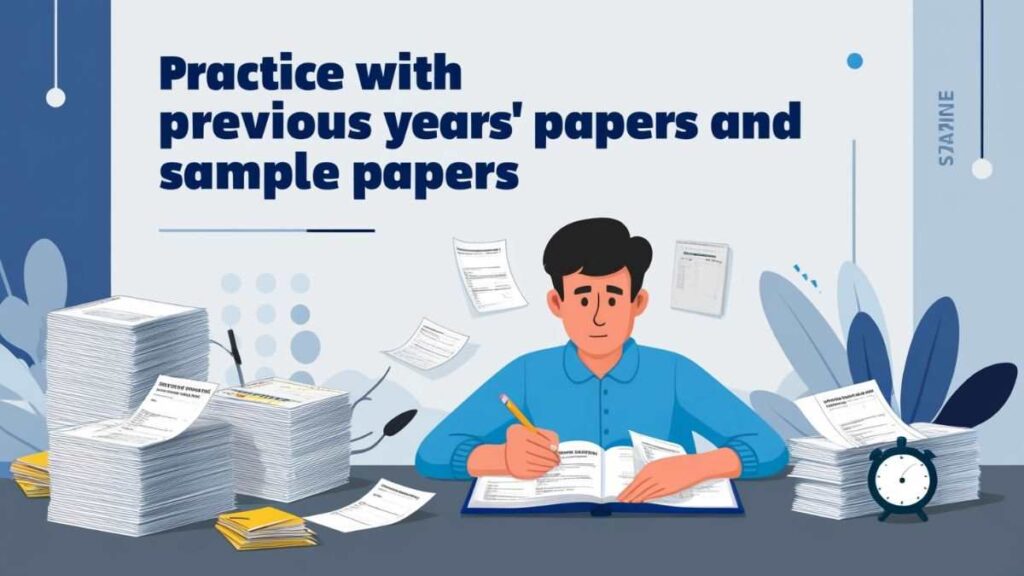
Solving past exam papers and sample papers is one of the best ways to get familiar with the exam format and marking scheme. This practice helps you understand the question pattern and manage time effectively during the actual exam. Subject-Specific Preparation Tips
8. Allocate Time for English Preparation
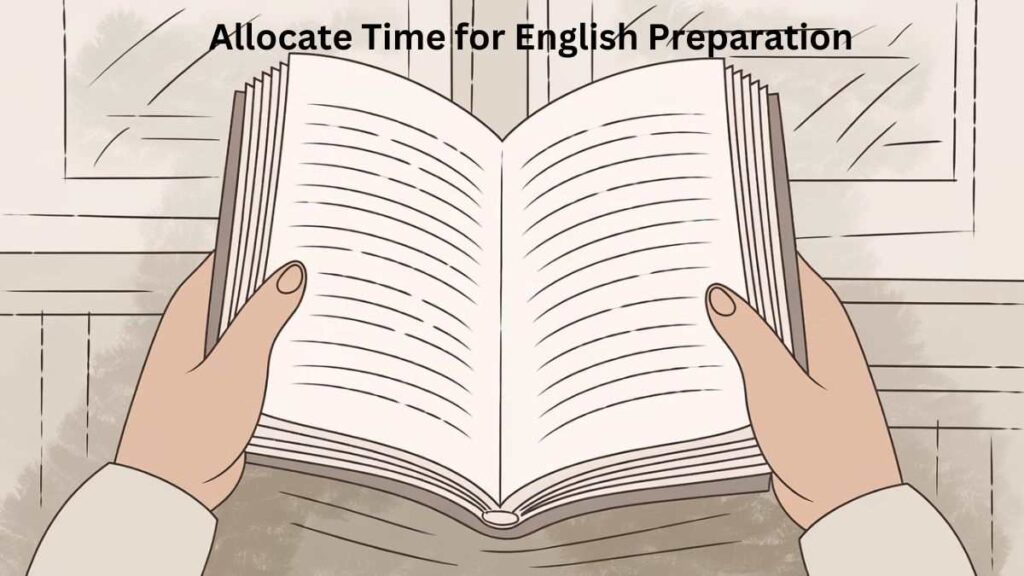
– English is often underestimated, but it can significantly boost your overall percentage. Spend at least an hour daily on English to improve your reading, writing, and comprehension skills.
9. Employ Creative Answer Writing

– When answering literature questions, try to incorporate your perspective while sticking to the essence of the text. This personal touch can help you score higher marks.
10. Stay Positive and Manage Stress

– Stay calm and maintain a positive outlook. Discuss any concerns with your teachers, peers, or parents to relieve stress. Remember, with thorough preparation, regular revision, and a positive mindset, you can excel in your board exams. This revised structure presents the preparation tips in a more human tone, making it easier to follow and implement. The information is systematically arranged to provide a clear, step-by-step guide for students.
English
- Dedicate Time Daily: Spend at least an hour each day reading and writing to improve your language skills.
- Solve Previous Years’ Papers: This will help you grasp the exam’s difficulty level and identify which sections carry the most weight.
- Practice Creative Writing: Improve your creative writing skills by reading extensively and answering questions with your unique perspective while staying true to the text. Mathematics
- Focus on High-Weightage Topics: Prioritise important topics like Calculus, Algebra, and Vectors & 3D Geometry. These carry the highest marks and are crucial for scoring well.
- Conceptual Clarity: Use question banks and past papers to solidify your understanding of these concepts.
Physics
- Balance Practical and Theoretical Study: Pay attention to both numerical problems and theory. Important topics include Optics, Electrostatics, and Electromagnetic Induction.
- Key Units: Focus on units like Atoms and Nuclei, Magnetic Effects of Current, and Electronic Devices. Accountancy
- Memorise Formulas: Create a formula sheet and use flashcards to help remember them.
- Important Topics: Focus on understanding the balance sheet, partnership deed, and the treatment of goodwill. Economics
- Divide and Conquer: Economics is split into Macroeconomics and Indian Economic Development. Focus on high-weightage topics like National Income and Income Determination in Macroeconomics.
- Indian Economy: Pay special attention to topics like Development and Economic Reforms since 1991.
Accountancy
– Memorise Formulas: Create a formula sheet and use flashcards to help remember them.
– Important Topics: Focus on understanding the balance sheet, partnership deed, and the treatment of goodwill.
Economics
– Divide and Conquer: Economics is split into Macroeconomics and Indian Economic Development. Focus on high-weightage topics like National Income and Income Determination in Macroeconomics.
– Indian Economy: Pay special attention to topics like Development and Economic Reforms since 1991.
Political Science
– Study NCERT Thoroughly: The best way to prepare is by reading NCERT books in detail and staying updated with current political events.
– Use Flowcharts: Create flowcharts to track political timelines and key events for better retention. Final Preparation Tips As exams draw near, dedicate time to regular revision sessions to reinforce your understanding and boost your confidence. With the right approach and consistent effort, you can excel in your CBSE Class 12 Board exams.
